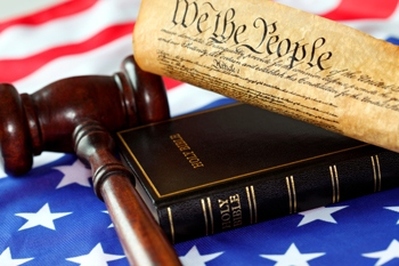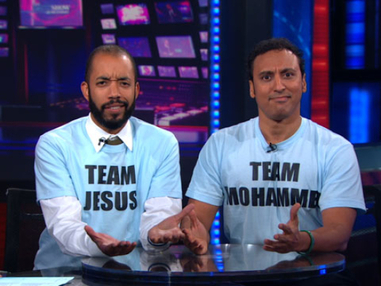
One of the difficulties in building community is that people can be fickle in their commitment. They join a congregation and participate for a period of time; then they disappear. Some see this as exemplifying our growing individualistic attitudes. Claude Fischer, who analyzes social and cultural change, sees it differently. He says, “it is not that Americans are individualistic, they do believe in community, but it is a community that is voluntarily chosen and rechosen every day.”
People are certainly rechoosing churches. Studies show that nearly half of all Americans have changed their religious affiliation by changing churches, denominations, or faith traditions. Some change because they’re frustrated with church doctrine or dogma. Others change because they married someone from another tradition. Still others change because they wanted a different worship style. (Interestingly, of those who were raised with no religious affiliation, half will be belong to a community of faith as an adult.)
This phenomenon has been labeled as a consumer mentality that has spawned competition between providers of religious goods and services. However, what people overlook in this reshuffling of religious affiliation is that we are a highly mobile population. According to the U.S. Census, 35% of Americans have moved at least once in the last five years. Therefore necessity as well as choice is driving the redistribution of church members.
If there is good news in this, it is that people are still choosing and rechoosing community. As patterns of affiliation change, in the end, we still yearn to be connected and a part of something larger than ourselves.
Michael S. Bos
People are certainly rechoosing churches. Studies show that nearly half of all Americans have changed their religious affiliation by changing churches, denominations, or faith traditions. Some change because they’re frustrated with church doctrine or dogma. Others change because they married someone from another tradition. Still others change because they wanted a different worship style. (Interestingly, of those who were raised with no religious affiliation, half will be belong to a community of faith as an adult.)
This phenomenon has been labeled as a consumer mentality that has spawned competition between providers of religious goods and services. However, what people overlook in this reshuffling of religious affiliation is that we are a highly mobile population. According to the U.S. Census, 35% of Americans have moved at least once in the last five years. Therefore necessity as well as choice is driving the redistribution of church members.
If there is good news in this, it is that people are still choosing and rechoosing community. As patterns of affiliation change, in the end, we still yearn to be connected and a part of something larger than ourselves.
Michael S. Bos


 RSS Feed
RSS Feed
